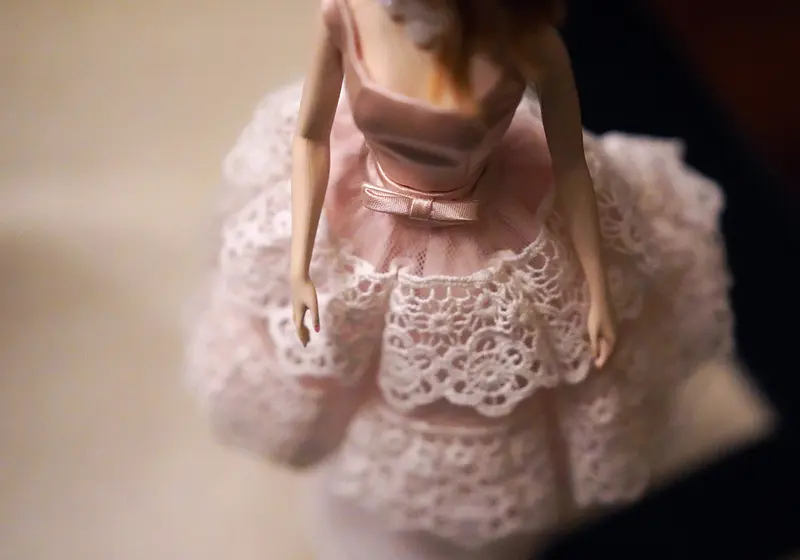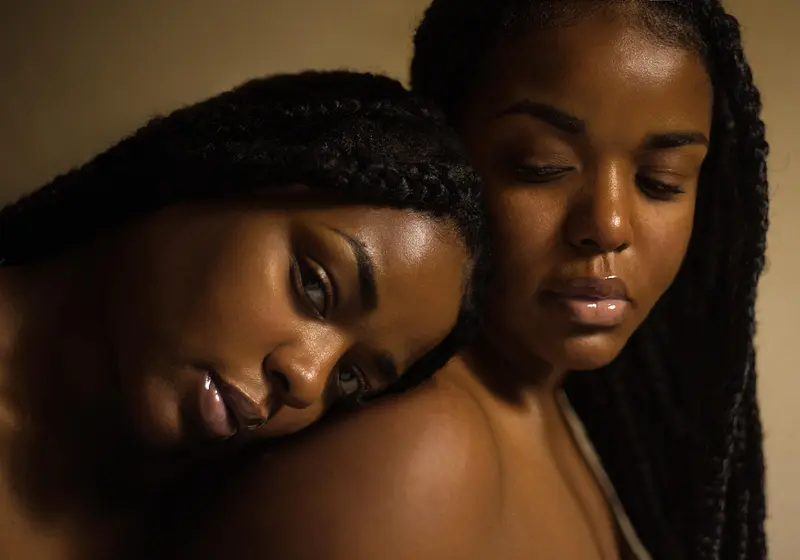On March 19th, 1911, the first International Women's Day was celebrated in France on the anniversary of the Paris Commune (an agitational government that seized power in Paris in 1871) and eventually, the date 8th of March was made an international day of celebration by the United Nations in 1977. As a young woman, I appreciate and love the recognition women get during women's month but celebrating our successes shouldn't just be limited to March.
So why highlight the achievements of our women all year round--not just in March?
1) To celebrate the contributions that women have made to our world.
It’s straightforward to begin listing all the incredible things that women have achieved over the last 3000 years—from leading armies and kingdoms to pioneering research on subatomic particles: it’s safe to say that so many women have done so many incredible things with their lives. Yet, we know very little of their works. Take Rosalind Franklin for example.
An English biophysicist in the 20th century. Her work was crucial to confirm the true structure of DNA and yet the discovery of said molecule is credited to James Watson and Francis Crick (who won the Nobel Prize for Physiology in 1962).
One thing that I’ve found is that you can’t rely on teachers to teach you everything. Whilst they do their jobs effectively in teaching us the curriculum, ultimately, relying on just that knowledge would leave a person with a narrow view of the world. There’s so much more to our world and our history as humans than what we’re taught in the classroom. Seek out knowledge: on women, on history, on culture, on everything.
2) To understand the struggles that come with being a woman in the 21st century.
Women have it hard. Many women menstruate (and studies have shown that menstrual cramps could be as bad as a heart attack) and don’t even get me started on the anxiety caused by a late/ missed period. We suffer from the ideas of patriarchy and how that disproportionately impacts pay, our ability to gain positions, and even our conventional roles in relationships.
Being a woman means my reactions to any circumstance are either overly emotional or not feminine enough. I had a disagreement with one of my good friends and colleagues at school and spoke to my head of year about it. She said that whilst our reactions are completely valid, as two young women in positions of power, we shouldn’t feed into the stereotype that women are too emotional to lead effectively (a stereotype that men use).
Which got me thinking—why is that a stereotype at all? Why is my reaction to an emotional stimulus automatically attributed to my sex?
And that’s not all. I’ve had men in my family tell me it’s my duty as a woman to be able to cook and clean—which again got me thinking. Why encourage me to go to school and achieve good grades if all I’m going to do is grow up to be a housewife who cooks and cleans (no disrespect to anyone who wishes to lead that lifestyle)?
What about the topic of the sexualisation of women's and girls' clothing? I couldn’t count how many times I’ve heard men say it’s a woman’s fault she got harassed, abused, and traumatized. Instead of “teaching women how to dress”, why not invest in teaching your sons to respect women? Devote that same energy into calling those men out.
Just a thought.
3) To empower women of tomorrow.
Many young girls grow up without someone to look up to and become engulfed in social stereotypes. I was playing Subway Surfers a while ago, and the character had crashed, so I decided to watch an ad so that I could continue the round. The ad that came up shocked me.
It was an ad for a makeover game (so most likely aimed at young girls) and the ad depicted a stereotypically “nerdy” and conventionally “less-attractive” girlfriend being left by her boyfriend for a stereotypically “more attractive” girl and the whole game was centered around styling that character (and other female characters in her situation) to win her boyfriend back. Which is just disappointing.
Girls as young as age 5 are now subject to and become consumed by toxic conventions. Because if a girl felt that she didn’t fit this standard, she’d automatically feel insecure, less than worthy.
And we are flooded with such ads, talks, posts, and tweets constantly and in the long term, this is dangerous: studies have suggested that eating disorders are more than twice as common in teenage girls (3.8%) as opposed to boys (1.5%). And those figures don’t even include the mental health and self-esteem problems that arise.
We need to start helping our girls to feel empowered and stop instilling these dangerous ideologies—start depicting women in positions of power, women in STEM, women in construction, and manual sectors. Demonstrate that women can do all they wish to.
The topic of women in the 21st century sparks various conversations: from the triumphs that have been recorded to the various struggles and the more profound impacts of social norms.
We cry. We stress. We worry that we may not be good enough.
We feel anxious, nervous, sweaty, and gross. We grow body hair. We have stretch marks.
We have acne. We wear makeup on some days and go natural on others. But evidently, women are strong.
Smart. Creative. Beautiful.
We endure so many social stigmas and still excel in everything we do. We prove the hateful wrong. We constantly surpass expectations. We are innovative and dare to dream, dare to be different.
We are women.












.jpeg)



